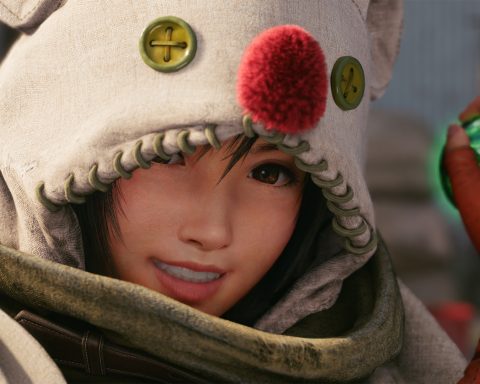Article by Matt S.
Today I’m introducing a new regular feature for backers: Essays! On a frequent basis I’m going to publish an essay on a topic. These won’t be exclusive to backers – after every 20 or so I’m going to bundle them up and people can choose to purchase them as an eBook, but backers will get to read them first and (obviously) won’t need to buy the eBook to read them.
These essays will be available every week or two, and each “block” of them will be linked by a theme (for example, for this first round of essays they’ll all be on JRPGs). There’s no firm schedule for when they’ll be published, as it depends on when inspiration hits and I want to ensure that I have plenty of time to commit to the visual novels and the like too (don’t worry, those VNs are going nowhere too – this is an additional benefit).
I’ve dropped the first couple of paragraph of the first essay below, which looks at Tokyo Mirage Sessions and its relationship to Japanese idol culture.
If you’d like to back everything I do, please do support me on Patreon – your support is essential for DDNet to continue to grow!
Each title in the Persona series has been focused on some element of the psyche. That’s why the series is so compelling; each character becomes an exercise in psychological deconstruction, and those personas that they use to fight their battles are monsters of the mind and soul. Persona 4 was a reflection on the self. Persona 5 gave us a look at the internal workings of the villainous mind.
Tokyo Mirage Sessions: FE might not carry the “Persona” name, but the heritage of the series is clear. You can even imagine that the game started life as the cutaways from a discarded Persona concept before Nintendo, at that stage desperate for unique titles for the ailing Wii U – got involved and found a way to “twist” the game to associate it with Fire Emblem. The Fire Emblem elements ended up being quite light-on, however, and for all intents and purposes, TMS looks and plays like a Persona title… and has the same narrative and thematic core of that wonderful series.
TMS’s look at the psyche is a little different to the “proper” Persona series, however. Instead of looking at the psyche of an individual or group of individuals, TMS gives us a look at the collective psyche of society, galvanised around a specific social trend. That trend is Japan’s unique relationship with some of its celebrities. Specifically, its idols.
– Matt S.
Editor-in-Chief
Find me on Twitter: @mattsainsb







